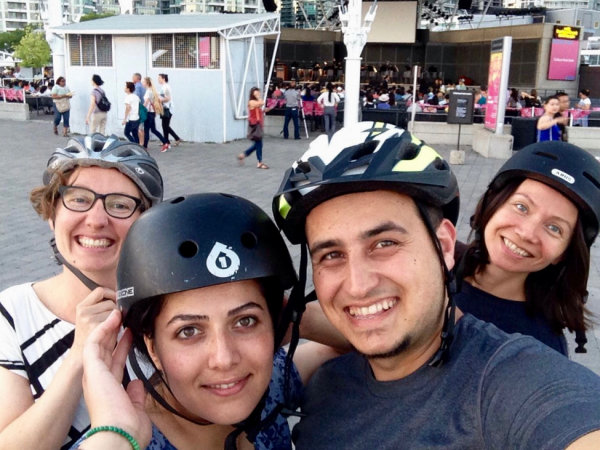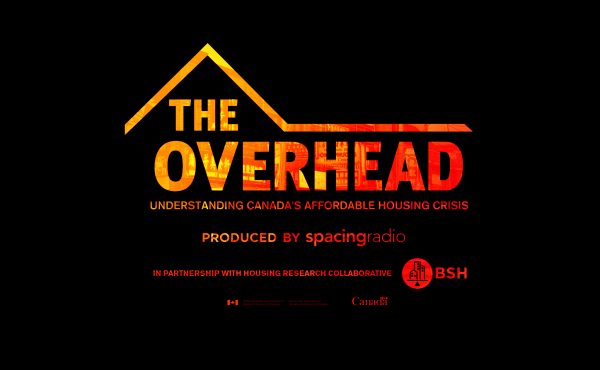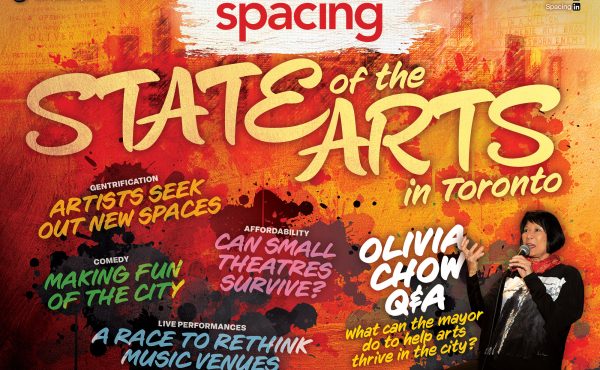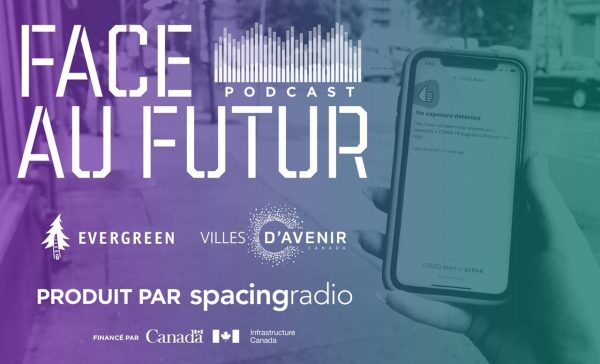This postô by Yvonne Verlinden is part of Spacingãs partnership with the Toronto Cycling Think & Do Tank at the University of Toronto. Yvonne’s research project wasô funded through the RBC Partnership for Change: Immigrant, Diversity, and Inclusion Project at Ryerson University.ô
How can a bike change oneãs experience of a city? This summer, I explored this question with participants in Bike Host program. This unique initiativeô loans bicycles to newcomers (immigrants and refugees), and matches them with a cycling mentor. I asked the cyclists to reflect on their experienceô riding aô bicycle through the lens of their smartphones.
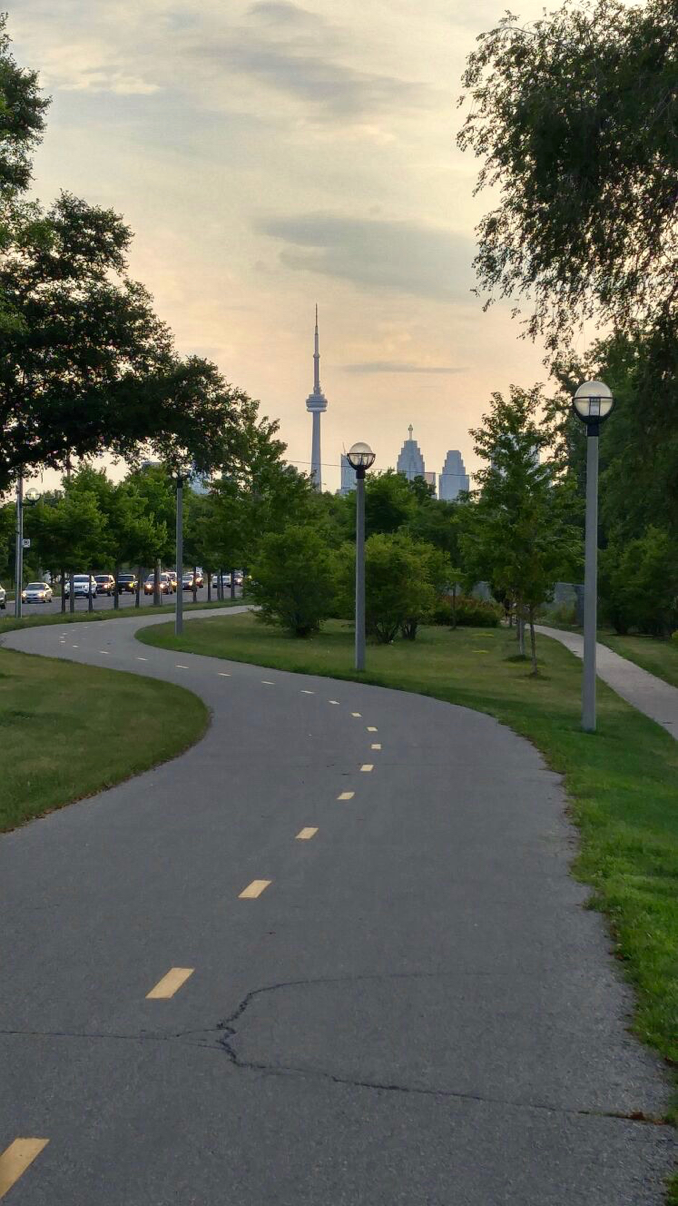
The results were startling. Participants were able to explore their diverse neighbourhoods, including Crescent Town, Riverdale, and Scarborough Town Centre. Newcomer cyclistsô spoke powerfully about the photographs they took.ô ô In particular, they highlighted how their bicycles allowed them to go where they wanted, when they wanted, with minimal effort.
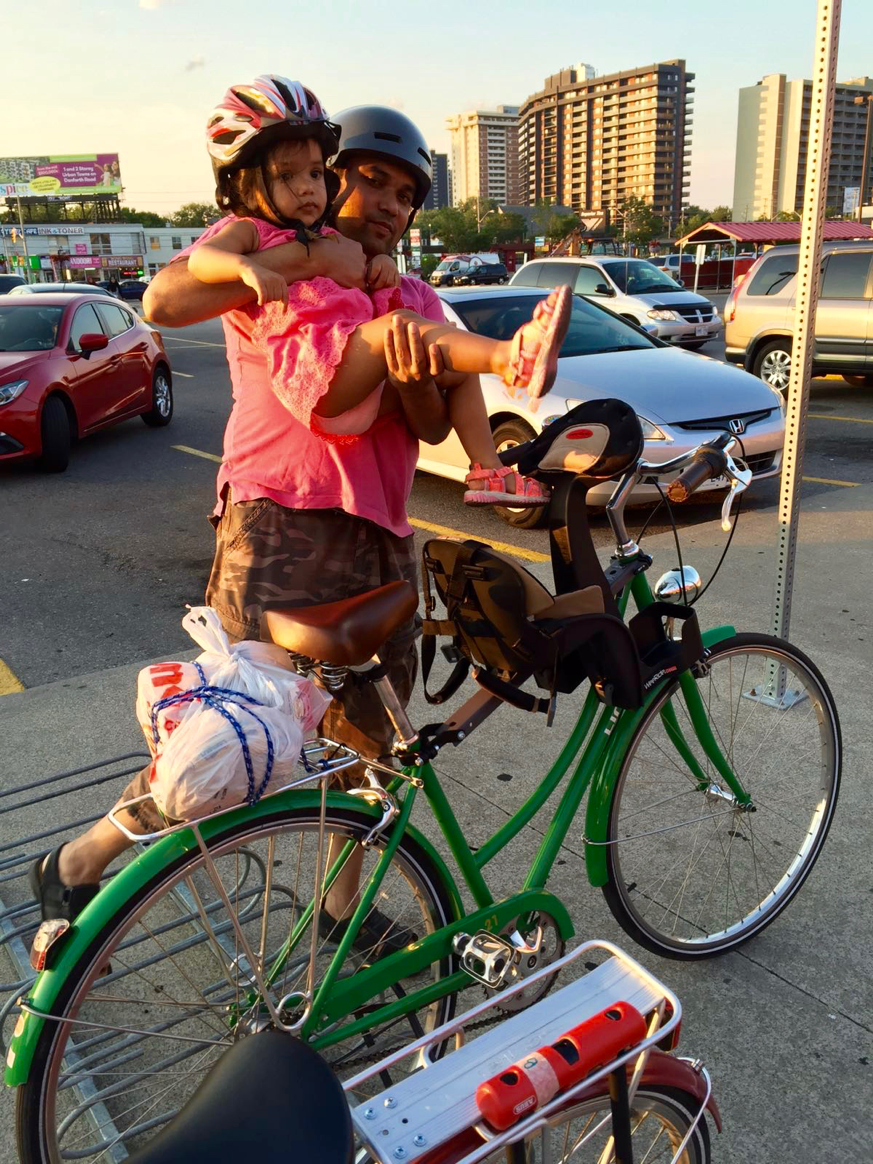
This newfound freedom ô facilitated daily trips to work or for errands. In addition,ô itô prompted a summer-long exploration of Toronto locales, both the remarkable and the mundane.ô As one photographer described it, ãwe didnãt have any destination.ô Weãd just say, ãOk, today we will go this way, and we will see how far we can go.ãã
While cycling, participants alsoô discovered new and exciting neighbourhood assets they hadn’t seen,ô even if they lived around the corner. These discoveries includedô new parks and pathways, new grocery stores, and new places of worship.
They also learned just exactly where the street went if they turned left. ãAlmost everyday,ã said one photographer, ãI saw something new when I went outside with my bicycle.ã
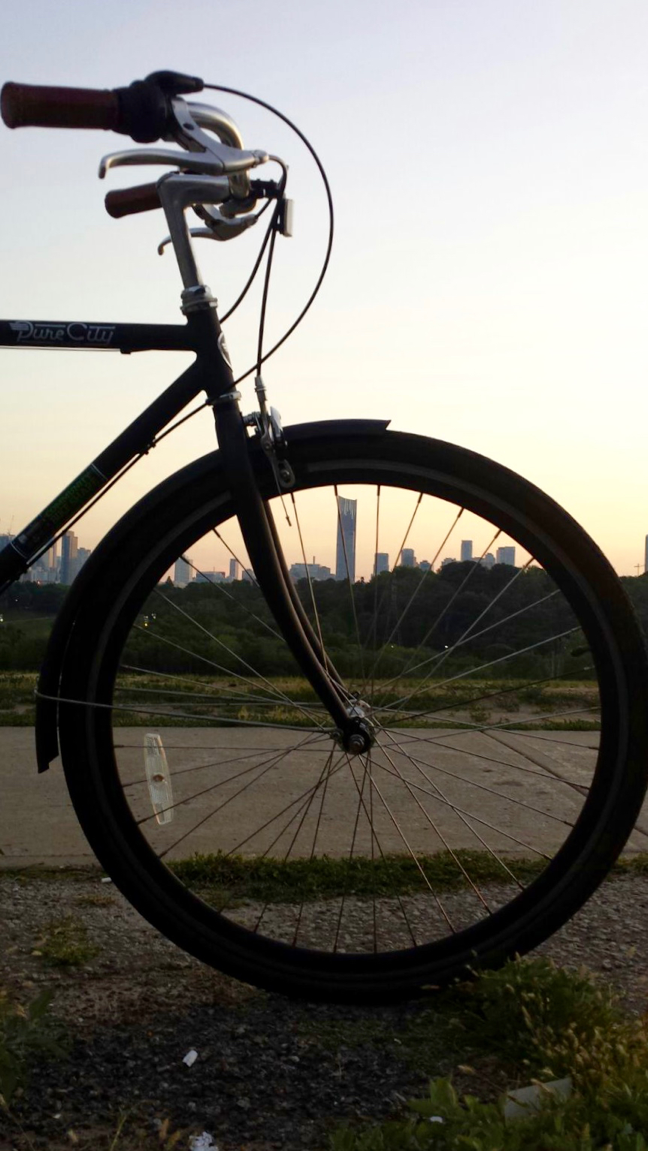
Theô process of learning orô cognitive mapping as researchers have called it, led to aô profound shift in the participantsã sense of belonging: ãWhen I came to Canada, I felt everything was strange. But now I feel like everything is comfortable for me, itãs like my home.ô Like back home.ã
And these positive benefits were not limited to those whoô arrived recently.ô Another participant who had already lived in Toronto for four years reported: ãI never felt so much as if I belong to this society.ô When you bike, you know places, you notice more, you see more.ô And then, because you know the city, you feel like you belong equally as those people whoãve been living here a long time.ã
The Canadian Community Health Survey includes ‘sense of belonging’ as an indicator of positive mental and general health ô (Statistics Canada, 2015).ô For newcomers, achieving a sense of belonging is a process that takes time (Statistics Canada, 2016). The bicycle, it seems, can be used to make Toronto feel like home quite a bit sooner.
Bike Host newcomer cyclists and their mentors participatedô in a celebration to wrap up the summer. The event included an exhibit launch with the photographersã work, which is currently displayedô at AccessPoint On Danforth (3079 Danforth Avenue). In addition, it willô alsoô be showcased atô South Riverdale Community Health Centre (955 Queen St E), as part of their 40th Anniversary celebrations.
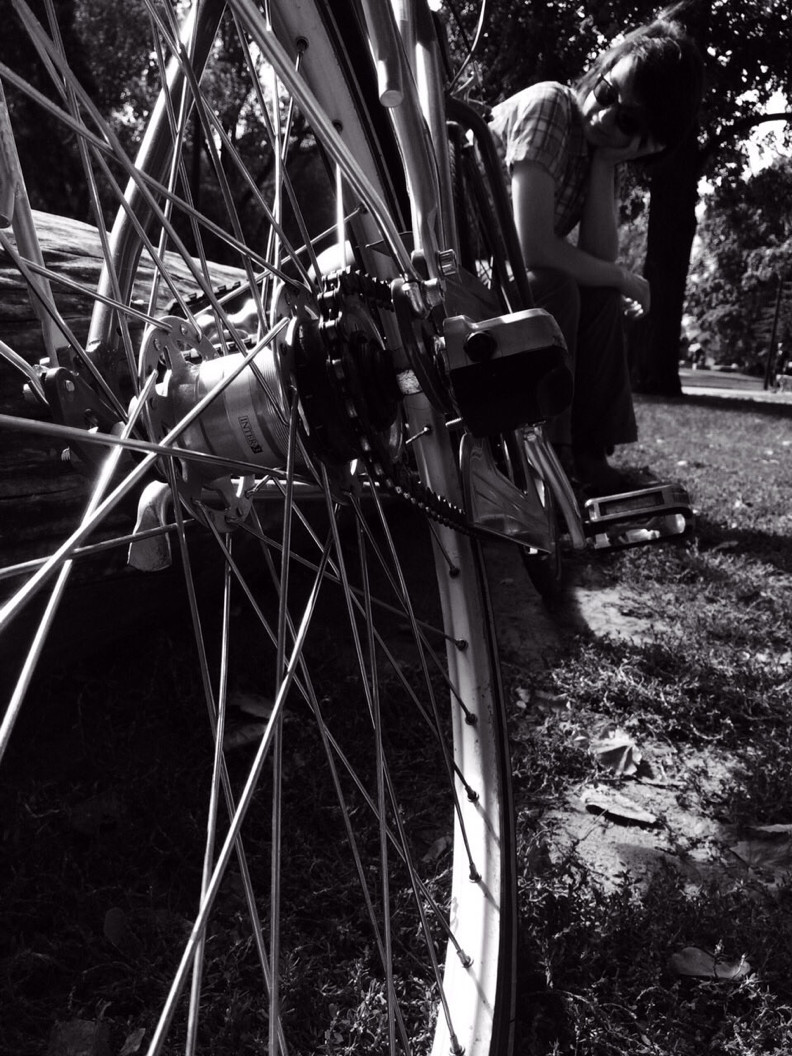
Bike Host is affiliated with CultureLinkãs Community Connections Mentorship Program, funded by Citizenship, Immigration and Refugees Canada. In 2016, it was offered in collaboration with the South Riverdale Community Health Centre (SRCHC) and Scarborough Cyclesô a project funded by the Metcalf Foundation and led by theô Toronto Centre for Active Transportation, a project of Clean Air Partnership, with partners Cycle Toronto, the Toronto Cycling Think and Do Tank, and CultureLink.

